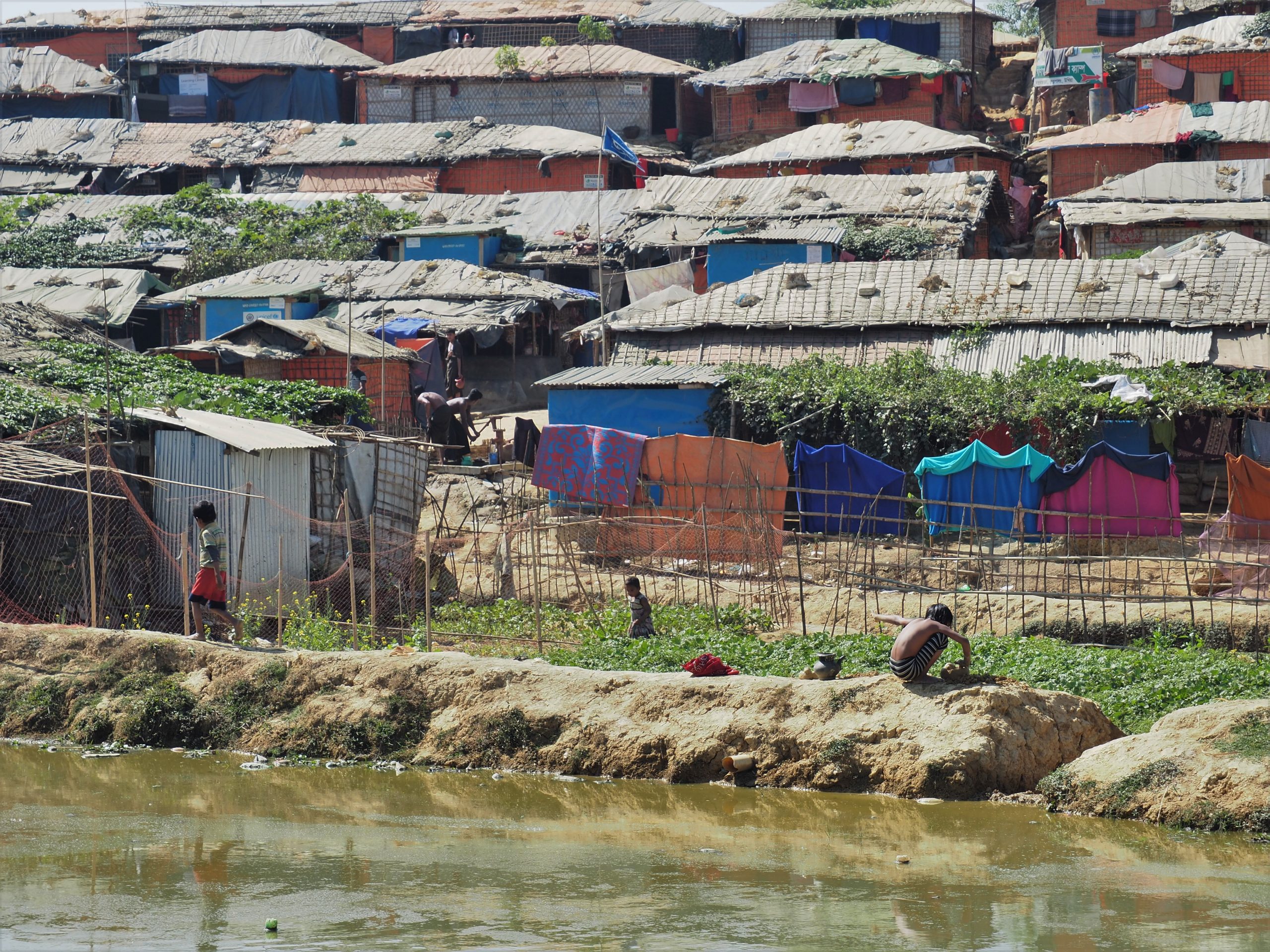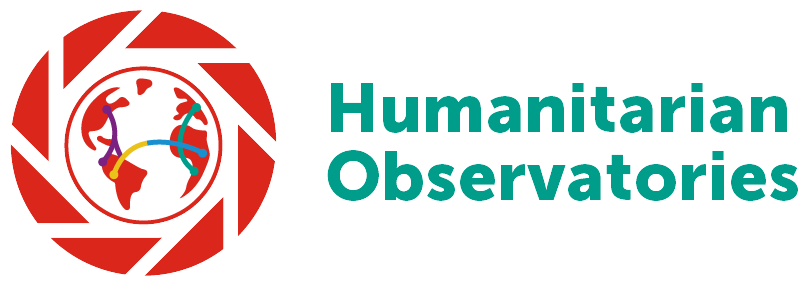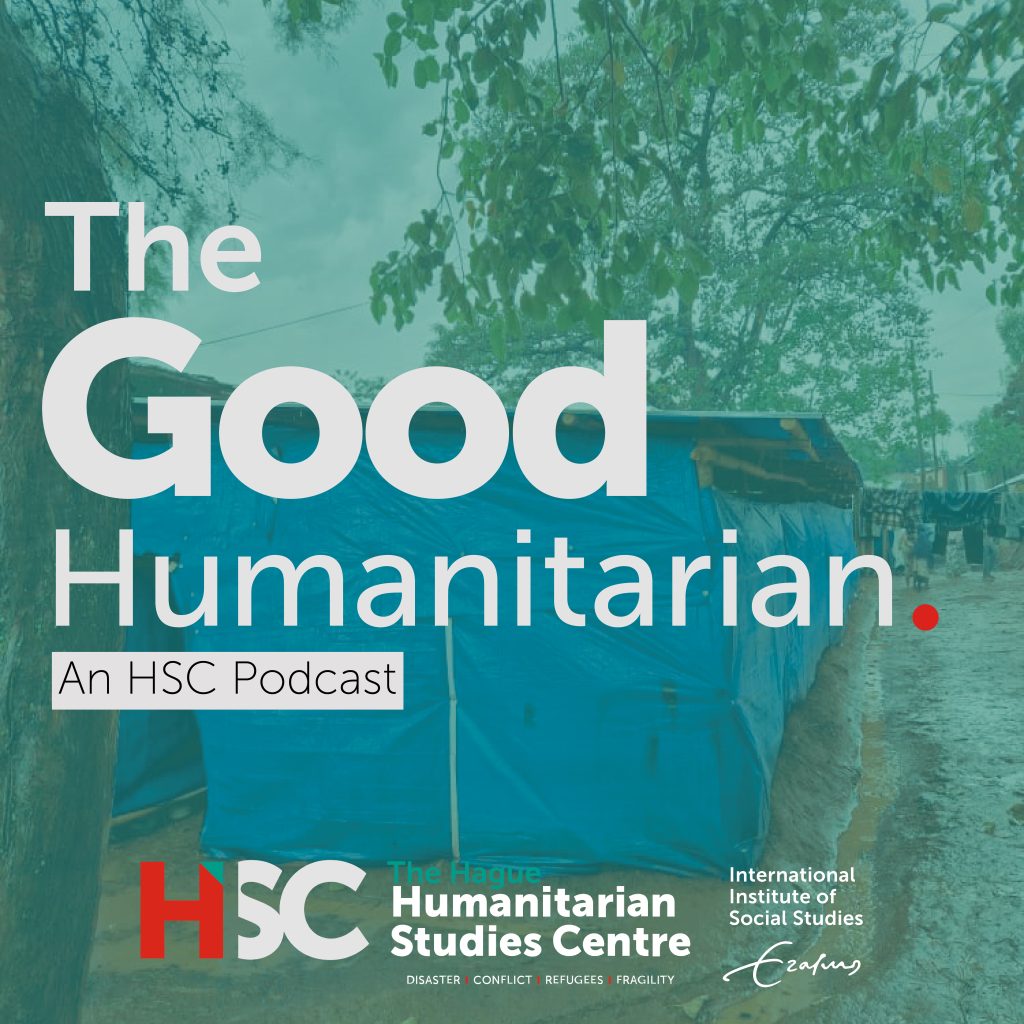
Impact

Humanitarian Observatories are organised spaces where participants, representing multiple actors, discuss a variety of topics in relation to humanitarian governance. These spaces cover various themes in the humanitarian field, are situated in context and are locally and independently led. There are currently 12 active Observatories globally.
Research Briefs
#1 | Sexual Exploitation and Abuse within the Humanitarian Sector: Experiences from eastern Democratic Republic of Congo
#2 | Connecting Humanitarianism and the Sendai Framework after 10 years
Blogs
2025
Kyamusugulwa, P. M., Mwenebyake, D. L., Kamanyula, J.A., Katembera, R.S. and Saidi, L.A. (2025). Preventing crisis through reforestation: the case of Kalehe in the Eastern Democratic Republic of Congo
Jayasundara-Smits, S. and Sahin, B. (2025). Home(s) in the In-Between: Trauma, Memory, Identity and Belonging in Home Game by Lidija Zelović
Kyamusugulwa, P. M., Mwenebyake, D. L., Muganza, I.A., Esdra, M.A., Saidi, S., Mutaga, F.A., Muhanzi, E.L., Munyangi, H.K., Zachari, K. and Saidi, L.A. (2025). How domestic fire has become a humanitarian crisis: case of Bukavu in the eastern Democratic Republic of Congo
Ansell, T., Njoroge, S. and Anderson, G. (2025). The need for ‘Impact’: whatever ‘Impact’ means
Hordofa, A.B. and Angerasa, M.F. (2025). USAID suspension is a wake-up call to address fragility of Humanitarian Actions in Ethiopia
Mena, R., Brown, S. and Brown, S. (2025). The Challenges and Opportunities of the Humanitarian-Development-Peace Nexus
Hilhorst, D. (2025). Let UNRWA get back to work in Gaza
Nandjaa, A. (2025). Emphasizing locally-led knowledge interventions in cases of neglected humanitarian crises: Launching the Namibian Humanitarian Observatory
2024
Jacobs, C., Kyamusugulwa, P. M. and Katembera, R.S. (2024). Sexual and Gender-Based Violence: Looking beyond physical crimes [French version]
Abeytia, A., Uqaili, S., Bhatt, M. and Trivedi, K. (2024). AI and Emerging Tech for Humanitarian Action: Opportunities and Challenges
Ansell, T. (2024). Disaster Risk Reduction doesn’t (always) need to be expensive: introducing Frugal DRR
Ji, H. (2024). How a new conscription law is threatening everyday humanitarian action in Myanmar
Michalko, J., Daigle, M., Nazneen, S., Alburo-Cañete, K.Z. and Efange, S. (2024). What is the value of feminist foreign policy in advancing social justice globally?
dela Cruz, L.B. and Mercado, M.V.DC. (2024). ‘Pagkakaloob’: The Filipino concept and practice of community philanthropy
Hilhorst, D. (2024). The Colonna Report has shown Israel’s allegations against UNRWA to be untrue. Now it’s time to restore support and funding
Hilhorst, D. (2024). Gaza is now threatened by acute famine — we need to keep calling for a ceasefire and food aid concessions
Izquierdo, G. V. and Alburo-Cañete, K.Z. (2024). Imagining a feminist humanitarian system: reflections from co-organizing a panel on feminist approaches to humanitarian action
Hilhorst, D. (2024). Give Israel an ultimatum: “A ceasefire, and open the borders for aid, or else”
Fransen, S., Adger, N., de Campos, R.S. and Clark, W.C. (2024). Migrants can be a transformative force for sustainable development
2023
Kyamusugulwa, P. M. and Mwenebyake, D. L. (2023). Adapting codes of conduct for humanitarian workers to the DRC context can prevent and combat sexual abuse.
Kyamusugulwa, P. M. and Mwenebyake, D. L. (2023). Creating a space for Congolese to talk about issues including how widespread sexual abuse is ravaging the Democratic Republic of the Congo’s humanitarian sector.
Hilhorst, D. and Haque, T.M. (2023). International Humanitarian Studies Association conference roundtable and North South University statement on Gaza: “As scholars and practitioners of Humanitarian Studies, we strongly condemn acts of widescale and indiscriminate violence against civilian populations”.
Ansell, T. (2023). Militaries can’t target essential infrastructure during war—so why can they target telecoms?
Ansell, T. (2023). Misinformation on the Israeli-Palestinian conflict is spreading like wildfire on social media — here’s why we keep reading fake news and what we can do to change it
Hilhorst, D. (2023). Israel’s blocking of humanitarian assistance breaches international humanitarian law
Mena, Rodrigo. (2023). Climate change governance: Why a Disaster Risk Reduction (DRR) approach is vital for preventing extreme weather events from turning into disasters
Trivedi, K., Bhatt, M., Pathak, V., Chakrabarti, P. and Chaudhary, K.S. (2023). A humanitarian observatory for discussing heatwaves in South Asia was recently launched — here’s how it wants to improve responses to heatwaves.
Caso, N. and Mena, R. (2023). Could we have prevented the disaster in Libya?
Hilhorst, D. (2023). Launch of the Humanitarian Studies Centre (HSC): “Humanitarian Studies is about dignity and it is about humanity”
Hordofa, A.B. (2023). Why it’s crucial for internally displaced persons to participate in the peace process following Ethiopia’s Oromia Conflict.
Mena, R., Aparicio, J.R. and Villacis, G. Humanitarian action in Latin America: Same but different?

